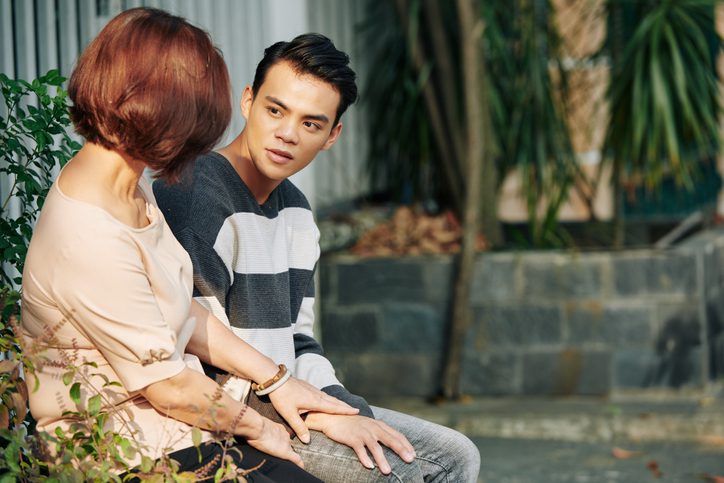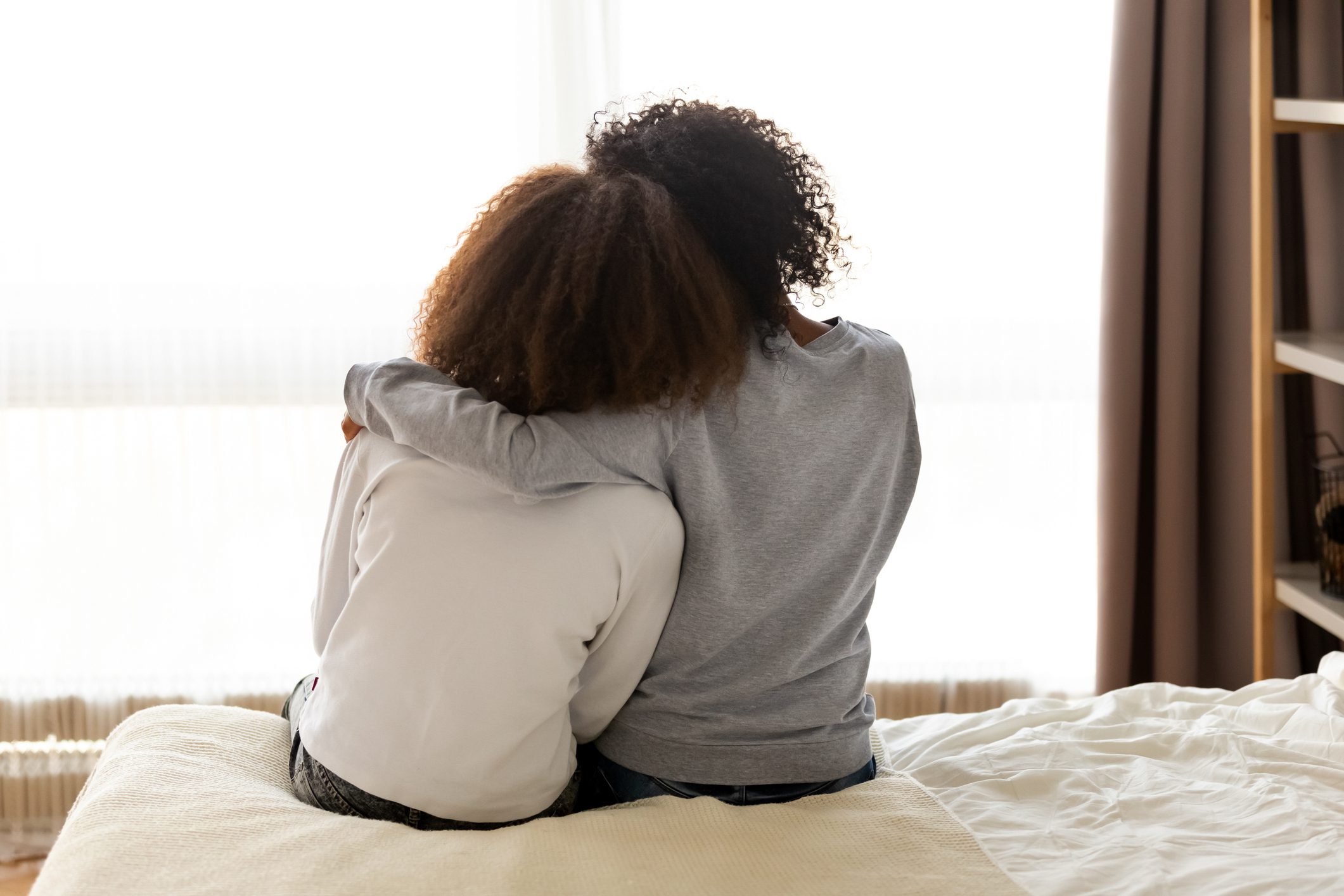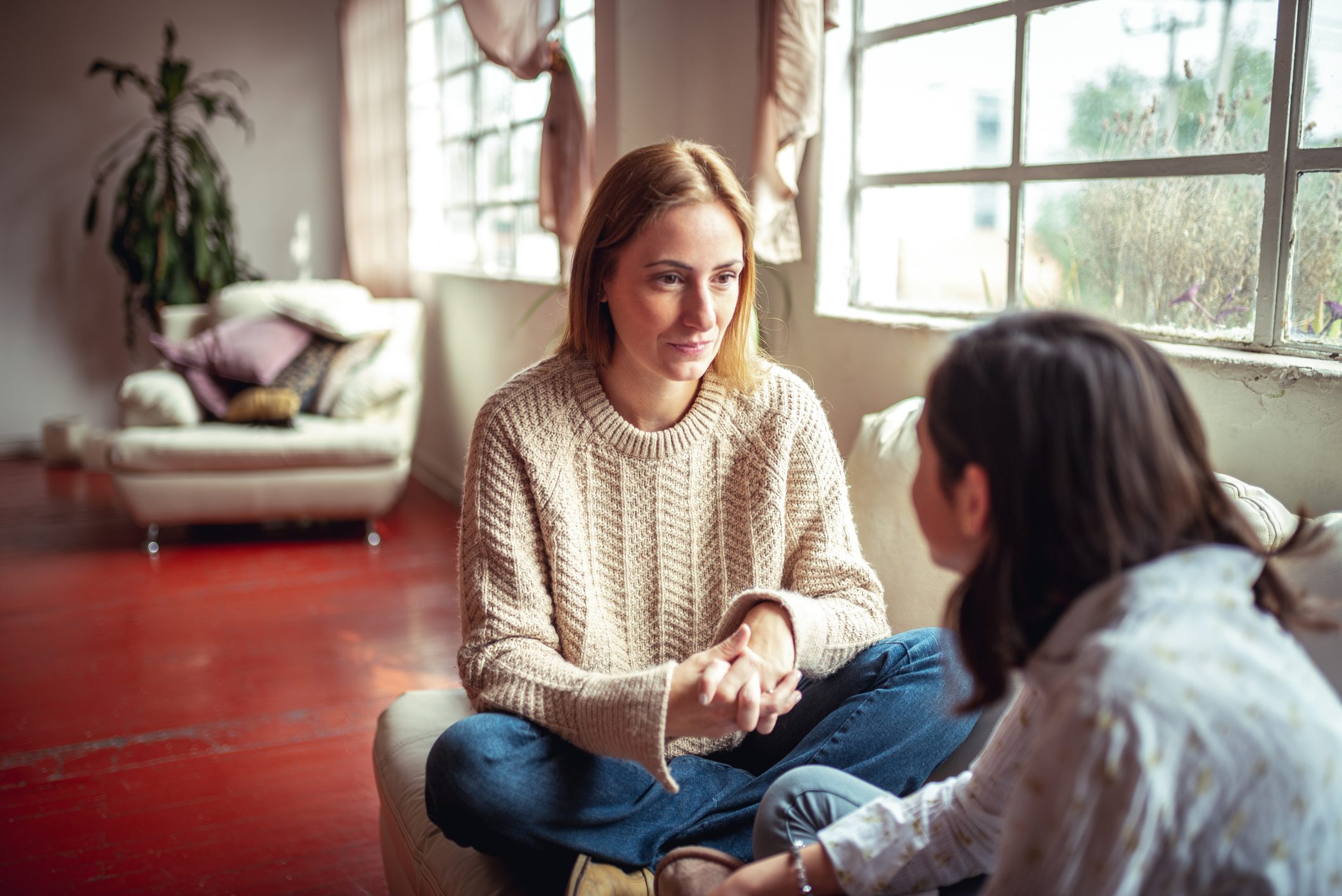
May 4, 2021 | Q+A, Tips for Healthy Living, Understanding Mental Illness, Wellness
This article originally appeared in Macaroni Kid on April 29, 2021, by Luanne Starr Rhoades, LCPC, LADC, CCS; Health Affiliates Maine. Question: I recently found out my 17-year-old is smoking marijuana. He said he does it to help with anxiety and that he finds a lot...

Apr 30, 2020 | Tips for Healthy Living
This article originally appeared in Macaroni Kid on April 27th, 2020 by Luanne Starr Rhoades, LCPC, LADC, CCS; Health Affiliates Maine We don’t like things that are not clear and understandable. We don’t like feeling uncertain and lacking control; uncertainty can lead...




